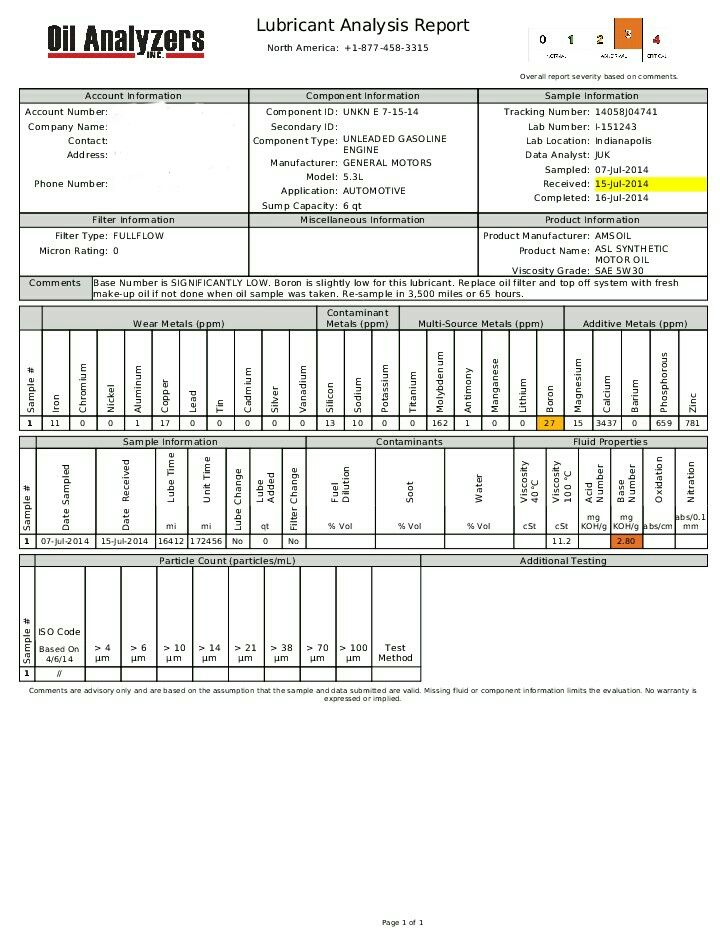Originally Posted By: Tom NJ
Originally Posted By: Brian Barnhart
PQIA has taken on the false practices of some oil marketers. Might they dare take on the task of comparing the product performance of the Majors producing “synthetics”? Perhaps it would be cost prohibitive.
The only way to compare oil performance is to run multiple controlled engine and/or fleet tests. The cost could easily run over a million dollars.
Tom NJ
Quantifying some performance parameters may require high dollar tests. However, the ILSAC standards (for example) require certain levels of performance in 11 areas and testing is performed as part of the compliance process. So the results for those 11 areas of performance are already known. They aren't available to consumers for comparison, but they could be.
I suspect the oil companies (part of whom make up ILSAC) don't want the results published. Someone might chose an oil based on a particular area of actual performance instead of the perceived performance portrayed by clever marketing.
Originally Posted By: Brian Barnhart
PQIA has taken on the false practices of some oil marketers. Might they dare take on the task of comparing the product performance of the Majors producing “synthetics”? Perhaps it would be cost prohibitive.
The only way to compare oil performance is to run multiple controlled engine and/or fleet tests. The cost could easily run over a million dollars.
Tom NJ
Quantifying some performance parameters may require high dollar tests. However, the ILSAC standards (for example) require certain levels of performance in 11 areas and testing is performed as part of the compliance process. So the results for those 11 areas of performance are already known. They aren't available to consumers for comparison, but they could be.
I suspect the oil companies (part of whom make up ILSAC) don't want the results published. Someone might chose an oil based on a particular area of actual performance instead of the perceived performance portrayed by clever marketing.






